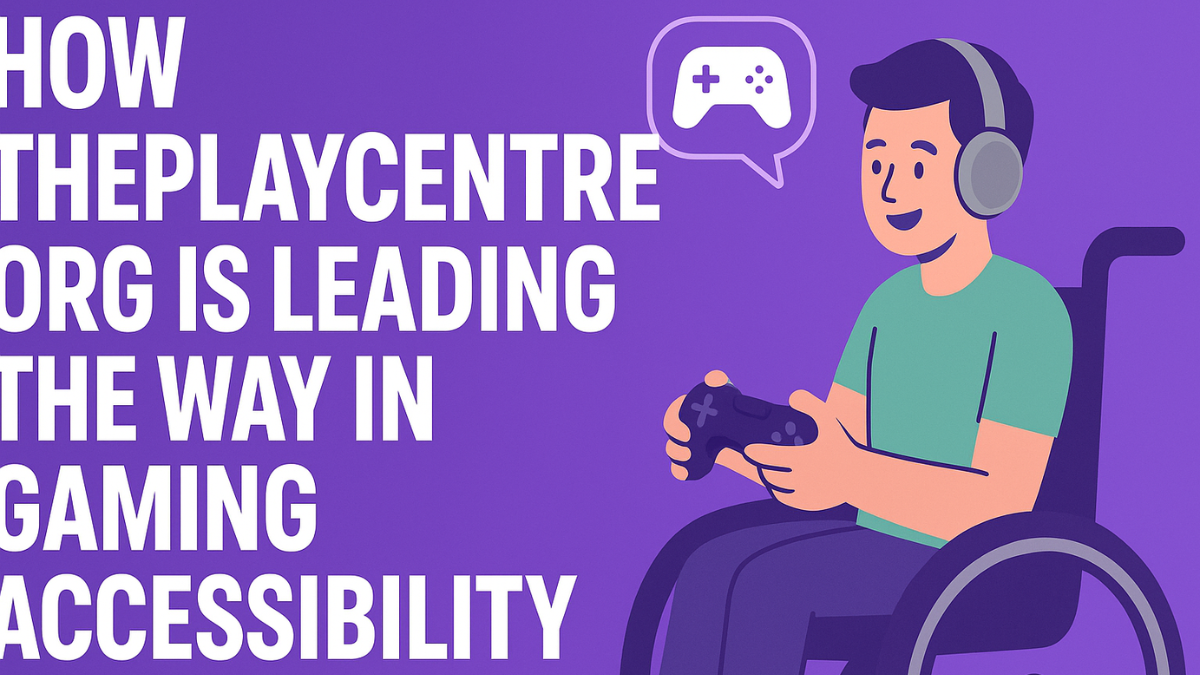Online Education Tips for College Students
To succeed in online learning, students need more than just a good internet connection. They need discipline, planning, and the right strategies. The good news is, with a few smart adjustments, any student can thrive in an online learning environment.
Here are some practical online education tips every college student can use to stay focused, productive, and successful.
1. Create a Dedicated Study Space
When studying online, your environment matters. Having a designated study area helps your brain switch into “learning mode.”
- Choose a quiet, comfortable spot with good lighting.
- Keep your desk clean and organized.
- Avoid studying on your bed—it can make you feel sleepy.
A proper study space minimizes distractions and improves concentration.
2. Stick to a Routine
One of the biggest challenges of online learning is flexibility—it’s easy to lose track of time. Setting a routine helps maintain discipline.
- Wake up and sleep at consistent times.
- Schedule fixed hours for classes, homework, and breaks.
- Treat online classes like physical ones—attend them on time.
Routines create structure, making it easier to balance studies with personal life.
3. Stay Organized with Digital Tools
Online education involves assignments, deadlines, and virtual meetings. Staying organized is key to avoiding last-minute stress.
- Use a planner or apps like Google Calendar, Trello, or Notion.
- Set reminders for deadlines and exams.
- Break down large projects into smaller tasks.
Digital tools help you stay on track and manage time wisely.
4. Participate Actively in Classes
In virtual classrooms, it’s easy to feel invisible. But active participation makes a huge difference in understanding and engagement.
- Ask questions during live sessions.
- Take part in discussions and group projects.
- Don’t hesitate to email professors for clarification.
The more involved you are, the better you’ll grasp the subject.
5. Take Regular Breaks
Sitting in front of a screen for hours can be exhausting. Short breaks refresh your mind and body.
- Follow the Pomodoro technique: 25 minutes of study, 5 minutes of rest.
- Stand up, stretch, or walk around during breaks.
- Avoid scrolling on social media—it drains energy instead of restoring it.
Breaks prevent burnout and boost productivity.
6. Practice Self-Discipline
With no professor watching you in person, self-discipline becomes your biggest strength.
- Avoid multitasking—focus on one assignment at a time.
- Turn off notifications during study hours.
- Reward yourself after completing tasks.
Discipline ensures you stay consistent even when motivation is low.
7. Build Strong Communication Skills
Online education often relies on emails, chat groups, and video calls. Good communication helps you connect better with teachers and peers.
- Be polite and professional in emails.
- Use clear language during online discussions.
- Don’t be afraid to ask for feedback.
Strong communication makes you stand out and builds good relationships.
8. Stay Physically Active
Studying online means sitting for long hours. This can harm your health if ignored.
- Stretch regularly during study sessions.
- Do simple exercises at home—yoga, walking, or bodyweight workouts.
- Maintain a healthy diet and stay hydrated.
A healthy body supports a focused and active mind.
9. Manage Internet and Tech Wisely
Technology is your biggest friend in online education—but also your biggest distraction.
- Use reliable internet and keep backups of assignments.
- Explore learning tools like Zoom, Google Meet, or Microsoft Teams.
- Block distracting sites during study time with apps like Cold Turkey or Freedom.
Smart use of technology makes online learning smoother.
10. Practice Time Management
Online classes often give students more freedom, but poor time management can lead to stress.
- Prioritize tasks by importance and deadline.
- Break assignments into smaller goals.
- Avoid procrastination by starting early.
Effective time management is the backbone of online success.
11. Stay Connected with Peers
Online learning can feel isolating, so building peer connections is important.
- Form virtual study groups.
- Share notes and resources with classmates.
- Motivate each other before exams.
Friendship and teamwork make studying more enjoyable and less stressful.
12. Take Care of Mental Health
Studying online can be overwhelming if you don’t care for your mind.
- Practice mindfulness or meditation.
- Talk to friends or family when stressed.
- Don’t hesitate to seek counseling if needed.
Mental well-being is just as important as academic success.
Final Thoughts
Online education is not just a temporary trend—it’s becoming an essential part of modern college life. While it comes with challenges, it also offers flexibility, independence, and opportunities to develop new skills.
By creating a routine, staying organized, participating actively, and taking care of your health, you can succeed in online education just as much as in a traditional classroom. Remember, success in online learning is not about being perfect—it’s about being consistent, disciplined, and proactive.
FAQs
1. How can I stay motivated while studying online?
Set goals, reward yourself for completing tasks, and study in a distraction-free environment. Joining study groups can also boost motivation.
2. What is the best way to take notes during online classes?
Use digital tools like OneNote, Google Docs, or Evernote. Summarize key points instead of writing everything word for word.
3. How many hours should I study daily in online education?
It depends on your course, but generally 2–4 focused hours outside of class can be effective. The key is quality, not quantity.
4. What if my internet connection is unstable during classes?
Download study material in advance, record sessions if allowed, and inform your professor about technical issues. Having offline notes also helps.
5. Can online learning be as effective as classroom learning?
Yes! With proper discipline, active participation, and time management, online learning can be just as effective—sometimes even better because of flexibility.
news via inbox
Mail us for latest news and updates







